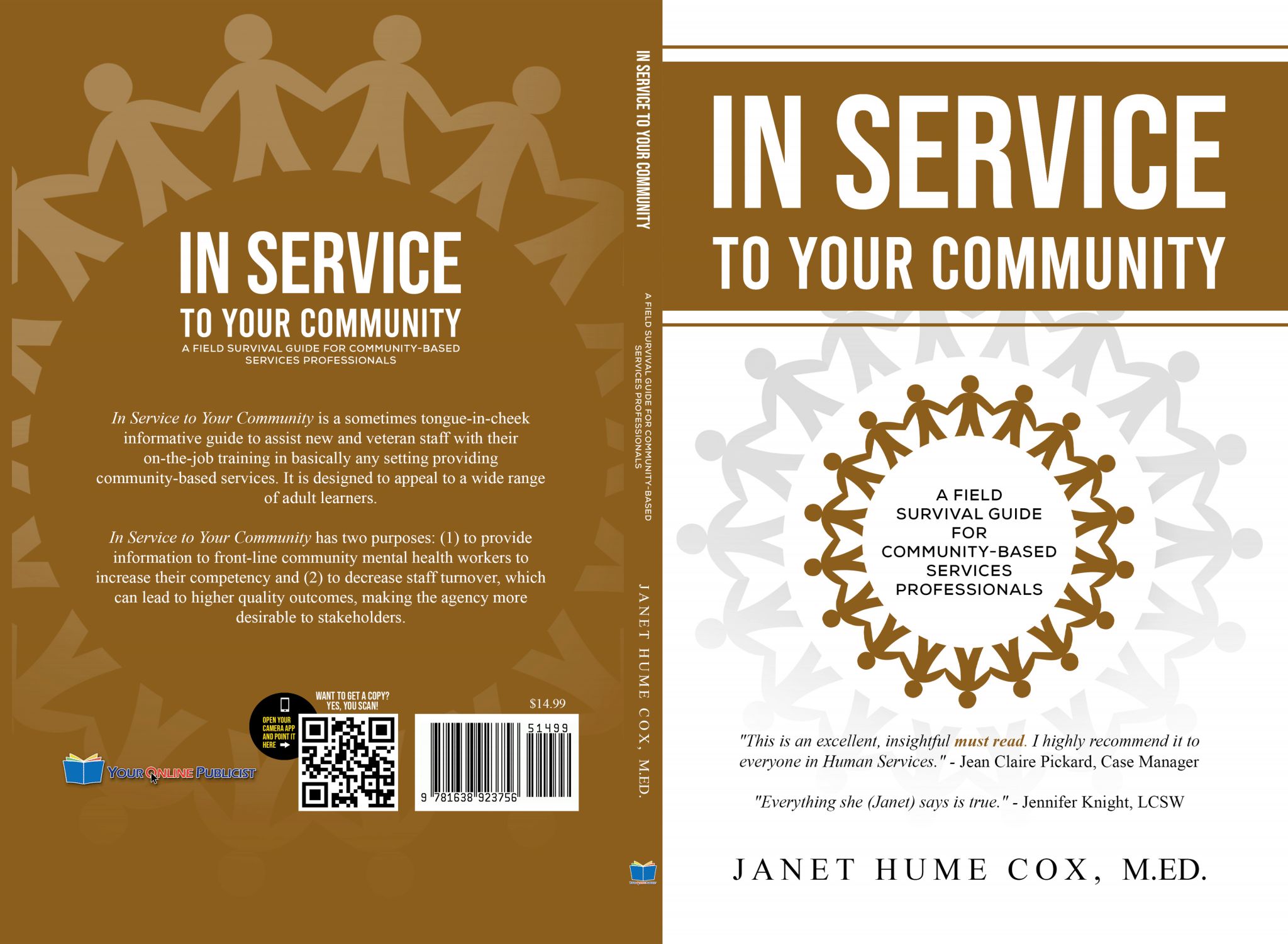The family is the most basic unit of government. Though basic, it is also the most important part of a state and country. The development of a person is very reliant on what was taught at home growing up. Therefore, it is essential that we start to create a peaceful and welcoming environment at home to make sure that the community can strive.
However, this can be very challenging. Conflicts between family members are more common than people realize especially between husband and wife and these misunderstandings would sometimes escalate to violence and verbal abuse. This is not an environment conducive to the development of children.
To avoid this, here are some tips that can help resolve conflicts within the household.
Seek to converse rather than argue. Talking and being open to a conversation is a very effective way to avoid escalating conflicts. It will also help if you always give the benefit of the doubt rather than concluding that the other party is wrong.
- Don’t stress yourself out on issues that are too trivial.
Assess whether the problem is worth the fight or not. Don’t get too caught up in arguments over trivial things and end up stressing yourself.
- Look past the problem and see the other party’s worth for you.
Ask yourself. Would I rather be right or happy? Resorting to love and compassion would never hurt. Always put family above your ego.
- When an argument is inevitable, gear it towards a resolution rather than trying to win it.
If you are engaged in an argument with a family member, always remember that winning it will only cause more of it in the future. Resolve it when you can cause winning arguments don’t win you a prize so don’t stress it out.
- Learn the art of compromising.
A win-win situation is always a favorable resolution. Seek to find a neutral ground where both parties can be happy.
Remember, your family is the foundation of the nation so let it stay concrete.







